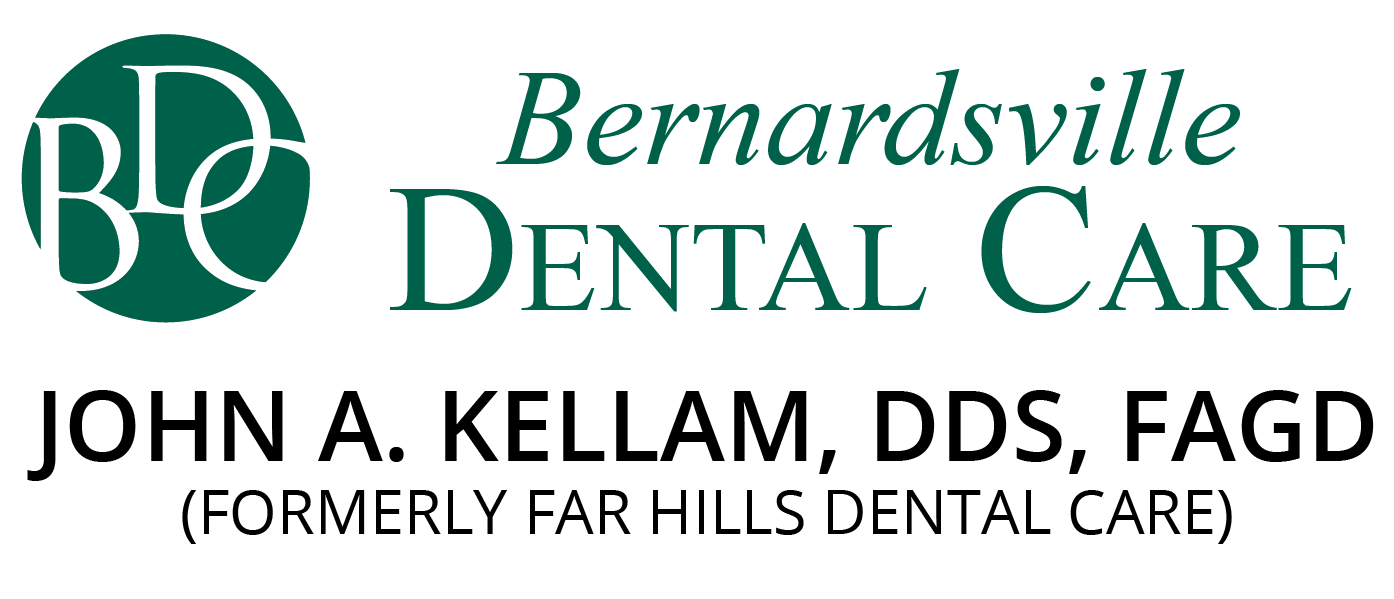Periodontal disease, also known as gum disease, is an infection of the tissues in your mouth that keep your teeth in place. For adults, gum disease is a common cause of tooth loss. Some sufferers experience no pain, making it difficult to detect this condition. At your regular dental checkups, however, Dr. Kellam will look for signs of this condition by looking at the depth of so called pockets between your gums and teeth.
The Causes of Gum Disease
Throughout the average day, you eat foods that leave behind a sticky residue on your teeth and gums. This residue is composed of bacterial colonies and is commonly known as plaque. Failure to remove plaque by regular brushing, flossing and use of an oral rinse allows the residue to stay in your mouth and begin to damage your gums.
The Stages of Gum Disease
If gum disease remains unchecked, deep pockets will begin to form between your gums and teeth. At the early stage, known as gingivitis, your gums will become swollen and red. Fortunately, gingivitis is a relatively simple condition to treat. If your gums reach the advanced stage of gum disease, known as periodontitis, your teeth may loosen or even fall out.
Risk Factors
Certain habits and medical conditions can increase your risk of gum disease. For example, regular smoking or use of chewing tobacco is a common habit that damages your teeth and gums. Some medications reduce saliva production, increasing your risk of periodontal disease. Individuals with certain medical conditions, including diabetes, are also more prone to gum infections.
The Symptoms
For some individuals, gum disease will not present any obvious symptoms. However, there are some signs to look for and talk about with Dr. Kellam, including:
- Unusually dark or red gums
- Persistent bad breath
- Loose teeth
- Gums that feel tender and bleed easily
- Noticeable change in the feel of your bite
Treatment Options
Treatment solutions depend upon the stage and severity of the disease. If your gum disease is mild, Dr. Kellam can perform a round of deep cleaning called scaling and root planing (SRP). More extreme cases may require gum surgery. If you should lose any teeth to gum disease, dental implants can help you regain your smile.
Preventing Gum Disease
Fortunately, there are a number of tools you can use to prevent gum disease. Practicing good oral hygiene, including frequent brushing and flossing, is a great first step. Eating a healthy and balanced diet each day can help your teeth stay strong. Regular dental visits are a critical weapon in the war against gum disease.

